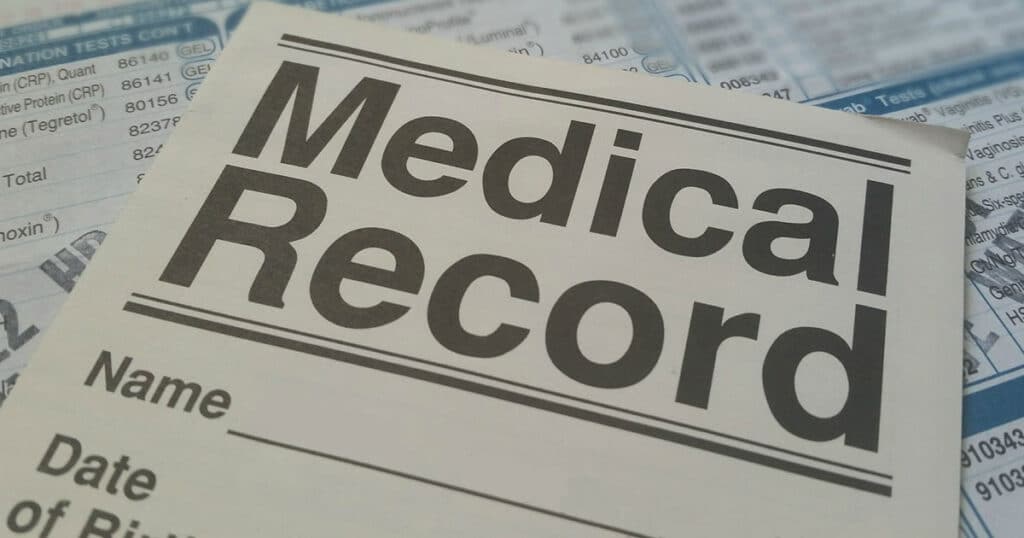Asthma and Social Security Disability Benefits
Home » Applying for SSDI » Medical Conditions, Listed Impairments & SSDI » Asthma and Social Security Disability Benefits
According to the Center for Disease Control, 1 in 13 people in America suffer from asthma, which is a respiratory condition that affects the lungs. Asthma triggers include hypersensitivity to environmental factors or an allergic reaction that results in difficulty breathing.
An episode of this chronic inflammatory condition may only last seconds or minutes, however intermittent asthma attacks typically last a lifetime. The level of severity will depend on the type of asthma and the cause of the reaction. It can be deadly if not treated properly and immediately. Nearly 16% of all triggers of asthma are directly related to the workplace; whereas other causes can be based on your environment, additional illness, disease or genetics.
Asthma Symptoms and Treatments
Asthma affects people differently. You might suffer from any of the many different types of asthma, including allergic asthma, exercise-induced asthma, occupational asthma, adult-onset asthma, nonallergic asthma or others. Regardless of the type, most people have similar symptoms, such as coughing, wheezing, shortness of breath and tightening of the chest. Severe asthma attacks can be quite traumatic – some people describe it as having to fight to get air into their lungs, or as if the air is being squeezed out of them, leaving them feeling helpless and weak.
These symptoms can be triggered by a wide variety of everyday items and situational experiences and exposures, including a common cold, stress, tobacco smoke, pollen, mold, food, dust, pet dander and exercise.
To treat asthma, people typically have to use various medications prescribed by their doctors. While asthma is often manageable and controllable with sufficient medical attention, as of 2019, scientists and researchers have yet to find a cure, and it remains a dangerous medical condition for many people.
Does Asthma Qualify Me for Disability Benefits?
Asthma is addressed in the Social Security Administration’s “Blue Book” listing of disabling conditions, in Section 3 (Respiratory) under paragraph 3.01 (Chronic respiratory disorders) and under paragraph 3.03 (Asthma). Even if a person does not meet or equal a listed impairment because of their asthma, their condition still may affect their “residual functional capacity” enough to prevent them from being able to sustain work.
Certain asthmatic conditions could qualify you for SSDI benefits, as they can quite often rise to the level of a severe impairment that “meets or equals” a listing in the Blue Book. At the end of the day, what the SSA generally cares about most is whether or not your Asthma meets certain requirements, including:
- That it rises to the level of a “severe impairment”, meaning it impacts your ability to do work;
- That it, combined with any other impairments you may have, prevent you from sustaining work;
- That it has affected you, or is expected to affect you, for at least one year (or to result in death).
If that is the case, then you may very well qualify for monthly disability benefits.

Linda Cosme formerly served as a Member of the Appeals Council (AC) for the Social Security Administration (SSA), and Program Expert for the Social Security Administration and Disability Quality Branch (DQB). Ms. Cosme also served as a Quality Assurance (QA) Reviewer, Initial Disability Examiner, Reconsideration Disability Examiner, and Continuing Disability Examiner (CDR) for the Disability Determination Services (DDS). She is admitted to practice law in Arizona, Georgia, and the United States Ninth Circuit Court of Appeals.
It is easy to get started.
It is easy to get started. No upfront costs – You only pay if we win!
Oops! We could not locate your form.









